
News






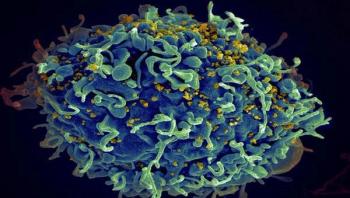
The AIDS virus can genetically evolve and independently replicate in patients' brains early in the illness process, researchers funded by the National Institutes of Health have discovered. An analysis of cerebral spinal fluid (CSF), a window into brain chemical activity, revealed that for a subset of patients HIV had started replicating within the brain within the first four months of infection. CSF in 30 percent of HIV-infected patients tracked showed at least transient signs of inflammation -- suggesting an active infectious process -- or viral replication within the first two years of infection. There was also evidence that the mutating virus can evolve a genome in the central nervous system that is distinct from that in the periphery.
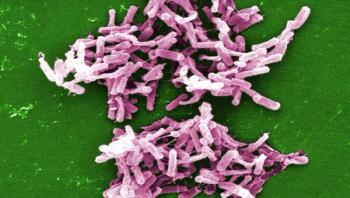
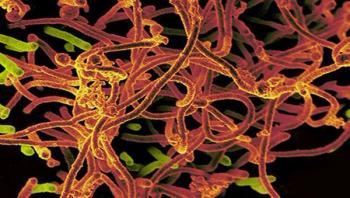
The Ebola virus circulating in humans in West Africa is undergoing relatively few mutations, none of which suggest that it is becoming more severe or transmissible, according to a National Institutes of Health study in Science. The study compares virus sequencing data from samples taken from patients in Guinea (March 2014), Sierra Leone (June 2014) and Mali (November 2014).

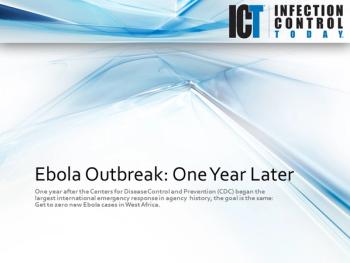
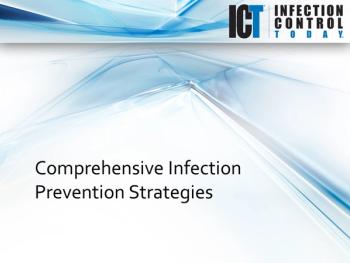
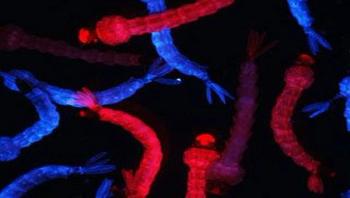
Traditionally, to understand how a gene functions, a scientist would breed an organism that lacks that gene then ask how the organism has changed. Are its senses affected? Its behavior? Can it even survive? Thanks to the recent advance of gene editing technology, this gold standard genetic experiment has become much more accessible in a wide variety of organisms. Now, researchers at Rockefeller University have harnessed a technique known as CRISPR-Cas9 editing in an important and understudied species: the mosquito, Aedes aegypti, which infects hundreds of millions of people annually with the deadly diseases chikungunya, yellow fever, and dengue fever.
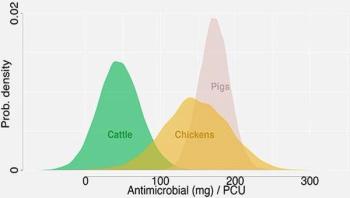
Antibiotic consumption in livestock worldwide could rise by 67 percent between 2010 and 2030, and possibly endanger the effectiveness of antimicrobials in humans, according to researchers from Princeton University, the International Livestock Research Institute, the Université Libre de Bruxelles and the Center for Disease Dynamics, Economics and Policy.

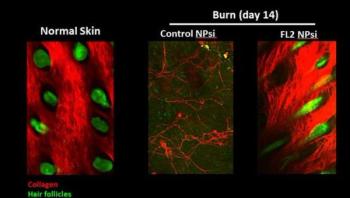
An experimental therapy developed by researchers at Albert Einstein College of Medicine of Yeshiva University cut in half the time it takes to heal wounds compared to no treatment at all. Details of the therapy, which was successfully tested in mice, were published online in the Journal of Investigative Dermatology.

Patients can be at their most vulnerable when they are in a critical care environment of the operating room (OR) or the intensive care unit (ICU). That's why it's essential that these two areas of the hospital receive scrupulous environmental cleaning and disinfection per recommended practices. This Pulse explores environmental cleaning and disinfection issues pertaining to the OR and the ICU.

The mosquito-borne chikungunya virus has been the subject of increasing attention as it spreads throughout South America, Central America, the Caribbean and Mexico. This painful and potentially debilitating disease is predicted to soon spread to the U.S. The University of Texas Medical Branch at Galveston's Scott Weaver, globally recognized for his expertise in mosquito-borne diseases, has been studying chikungunya for more than 15 years. Weaver and fellow infectious disease expert Marc Lecuit of the Institut Pasteur have summarized currently available information on this disease in the March 26 edition of the New England Journal of Medicine.



If you’re allergic to natural rubber latex, the Food and Drug Administration (FDA) has good news for you: in the future, you are less likely to be misinformed about the absence of this allergen in such products as medical devices. To avoid false assurances about this hazard, the FDA is recommending to manufacturers to stop using the labels “latex free” or “does not contain latex.” The reason for this recommendation is that the agency is not aware of any tests that can show a product contains no natural rubber latex proteins that can cause allergic reactions




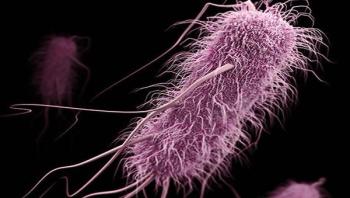
Antibiotic resistance is poised to spread globally among bacteria frequently implicated in respiratory and urinary infections in hospital settings, according to new research at Washington University School of Medicine in St. Louis. The study shows that two genes that confer resistance against a particularly strong class of antibiotics can be shared easily among a family of bacteria responsible for a significant portion of healthcare-associated infections.


